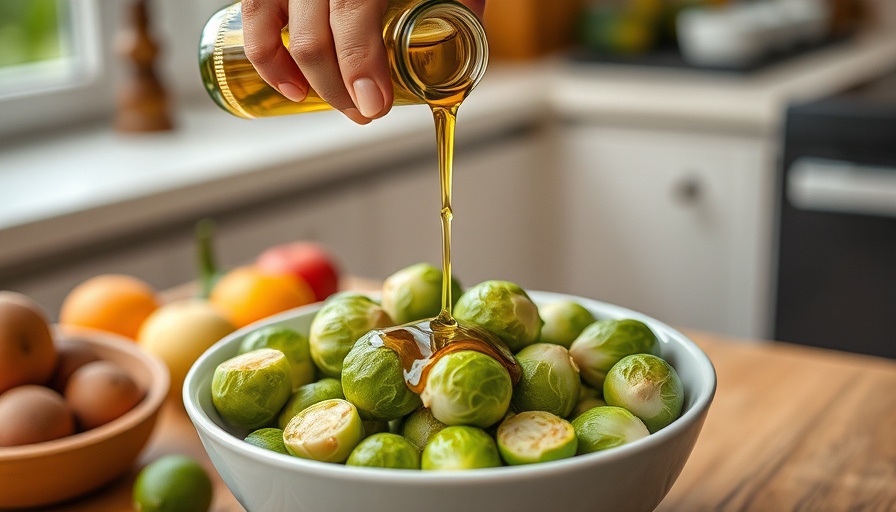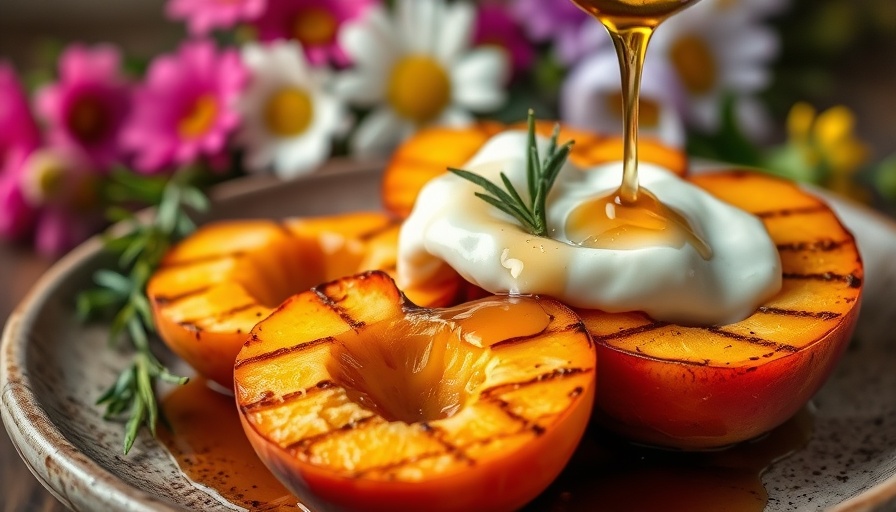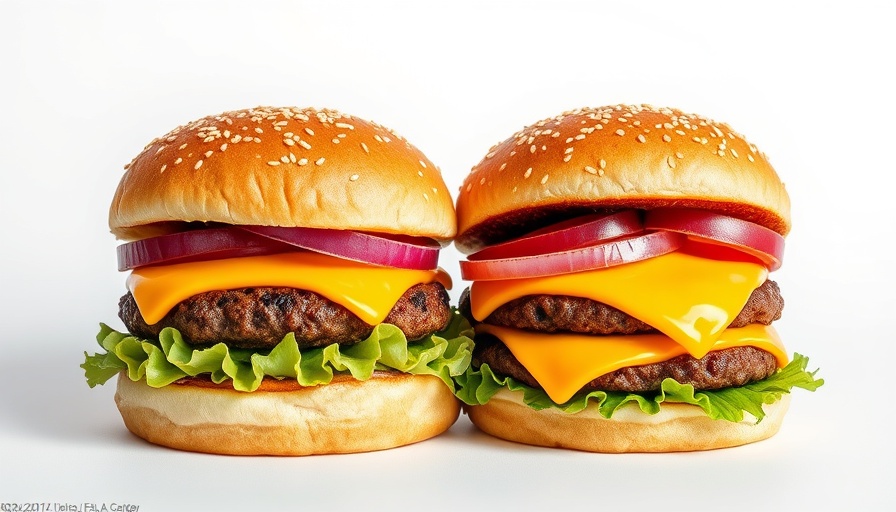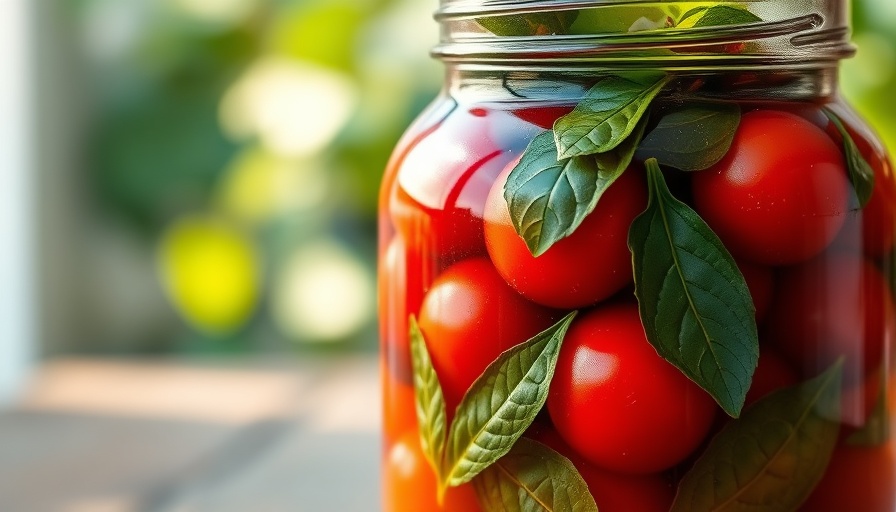
Understanding Seed Oils: Beyond the Myths
Seed oils are prevalent in our diets, but they often carry a negative reputation that may not be entirely justified. Commonly derived from seeds like sunflowers, canola, and corn, these oils have become staples in cooking and food production. But what does the science say about their health impacts? Recent discussions highlight the need to differentiate seed oils from ultra-processed foods that can be harmful. Understanding the process and ingredients is essential for making informed dietary choices.
Healthy Seeds vs. Seed Oils: What's the Difference?
Healthy seeds, such as chia and flax, contain beneficial nutrients, especially omega-3 fatty acids. However, when these seeds are processed to create oils, the nutritional profile alters significantly. Seed oils like soybean and grapeseed are dubbed "the hateful eight" by many health influencers, raising curiosity about the factors that differentiate these oils from the nutrients found in the seeds themselves. As we explore this topic, it's crucial to understand that the extraction process of seed oils often removes many beneficial components present in whole seeds.
The Omega Balance: Essential Fatty Acids Explained
The debate surrounding omega-3 and omega-6 fatty acids continues, particularly regarding their role in inflammation. Seed oils are rich in omega-6 fatty acids, which critics argue can promote chronic inflammation. Yet, studies suggest that the conversion rates to inflammatory compounds are minimal, only about 0.2 percent. Furthermore, omega-6 fatty acids contribute positively to heart health and glucose metabolism, according to research findings from a meta-analysis in the International Journal of Molecular Sciences. Understanding the balance between omega-3 and omega-6 consumption can empower individuals to maintain a healthy diet.
The Process of Extraction: What You Should Know
Seed oils undergo a complex extraction process that frequently involves chemicals like hexane. Although some may worry about residual chemicals in their oils, health regulations ensure that any hexane residue falls within safe limits. Understanding the production methods of seed oils can demystify their presence in processed foods. Cri ics should be aware that while chemical extraction may sound alarming, hazardous components evaporate during production, leading to oils that are largely safe for consumption.
Making Informed Choices in Your Kitchen
For health-conscious individuals, making informed choices means being discerning about the oils used in cooking and food preparation. Consider opting for minimally processed oils, such as extra virgin olive oil, which maintains more of its natural flavor and nutrients. Incorporating a variety of fats, including those from whole foods like avocados and nuts, supports a balanced approach to nutrition. Additionally, evaluating processed foods for their oil content can unveil healthier options tailored to your needs.
Real-life Applications: Your Cooking Counter
Incorporating healthfully into your meals is not merely about the type of oil you choose. It's also about how you integrate these oils into your overall diet. Experimenting with different oils can enhance the flavors of your dishes while allowing you to feel more confident about your nutritional intake. Engaging in cooking with mindful practices promotes not only wellness but a more enjoyable culinary experience, fostering connections with family and friends around the dining table.
The Road Ahead: Trends in Healthy Eating
As health trends evolve, staying informed about the latest research on edible oils is vital. The rise of plant-based diets and a focus on whole foods is reshaping our understanding of nutrition, prompting many to re-evaluate their relationships with oils. Keeping an eye on future studies can further clarify the role of seed oils within a balanced diet, leading to healthier lifestyles. Be proactive in seeking out updates and educational opportunities to nurture your health journey.
Conclusion: Embrace Knowledge for Healthier Choices
The conversation about seed oils is ongoing, blending science, personal choice, and culinary art. Embracing knowledge on this topic can empower you to make healthier choices in your diet. Don't hesitate to engage with food cultures that prioritize nutritious ingredients and practices; create a dialogue within your community about healthy living. Your journey toward wellness is enriching and can inspire those around you. So, why not start exploring today?
 Add Row
Add Row  Add
Add 




 Add Row
Add Row  Add
Add 

Write A Comment